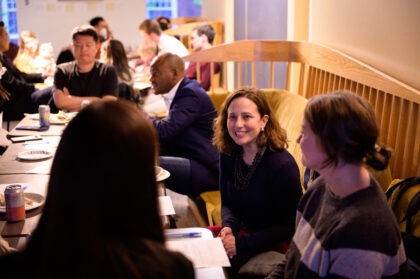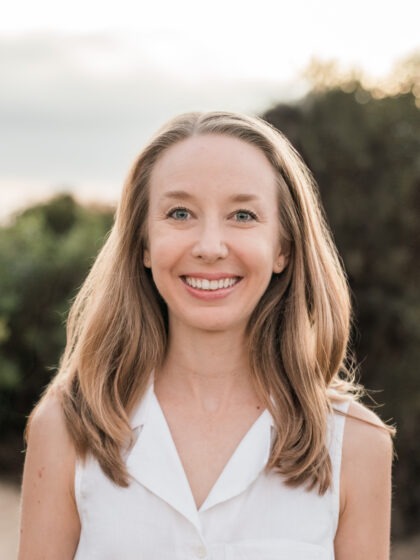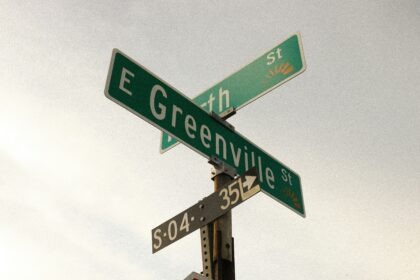InterVarsity's Faculty Ministry is hosting a Summer Series providing weekly devotions and opportunities for spiritual direction and prayer. If you regularly receive the monthly newsletters Scholar's Journey or Campus Calling - you are already signed up and will receive weekly emails in July and August. If you don't receive those newsletters and would like to sign up, you can do so here: http://eepurl.com/jhA3R-/. _________________________________________________________________________________ Pilgrim … [Read more...] about Following Jesus Together on Campus
Christian Thought and Practice
ESN Focus Groups – Sign Up and Share Your Ideas!
The Emerging Scholars Network wants to hear and learn from you! As we seek to live out the vision of developing scholars following Jesus together, we want to know what this looks like in today’s environment – both for scholars seeking an academic position and those looking to work outside the academy. How can ESN best support the ongoing formation of scholars as followers of Jesus and as thriving scholars, whether that’s online or on campus? Here's how you can help. Pray for fruitful conversations and wisdom … [Read more...] about ESN Focus Groups – Sign Up and Share Your Ideas!
Sharing the Scholar’s Journey
Summer Reading and Writing Group for Emerging Scholars This is what the Lord says: “Stand at the crossroads and look; ask for the ancient paths, ask where the good way is, and walk in it, and you will find rest for your souls.” - Jeremiah 6:16 Join other emerging scholars (grad students, post-docs, early career faculty) to walk in the good way this summer as we engage in community, spiritual formation, and faith/scholarship integration while on the scholars’ journey. discuss short readings share your own … [Read more...] about Sharing the Scholar’s Journey
Announcement: Christian Scholars Foundation Legacy Grant 2025
We are thrilled to announce the annual Christian Scholars Foundation Legacy Grant for junior faculty. In 2023, this grant became a program of Global Scholars, administered in collaboration with InterVarsity’s Emerging Scholars Network (ESN). We were proud to award the 2023 Grant to Dr. George Montanez, and the 2024 grant to Dr. Brooke Jenkins. In 2025, we continue to build on the strong legacy of the original Christian Scholars Foundation Grant. The 2025 grant will award $10,000 to an early career Christian faculty … [Read more...] about Announcement: Christian Scholars Foundation Legacy Grant 2025
Becoming People of the Third Way
This article first appeared in Campus Calling, InterVarsity's Faculty Ministry monthly newsletter and is reposted here by permission. This represents my parting thoughts and hopes as outgoing ESN Director for Christian presence in academia. I suspect I’m not alone in feeling left out of many of the discussions going on in our various public squares—political or academic. Often, it seems only two options are on offer, neither of which I can fully embrace. And it feels like the embrace of the one is to join a “side” … [Read more...] about Becoming People of the Third Way



